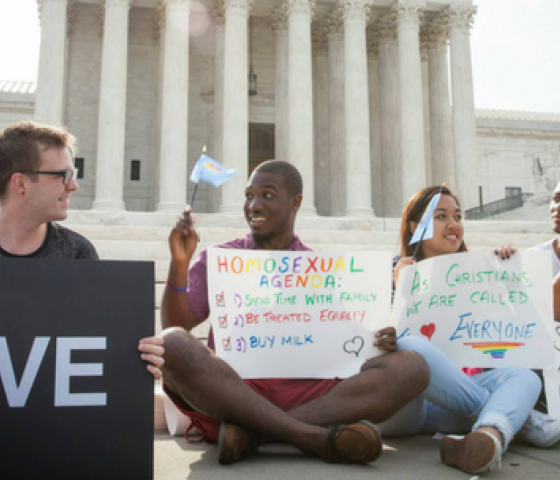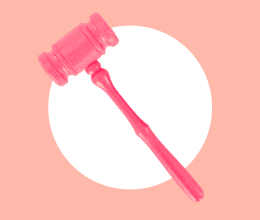The Virginia Supreme Court ruled today that the state’s Department of Vital Records must issue new birth certificates for adopted children of same sex couples. Virginia’s highest court agreed to hear the case after a Richmond Circuit Court ruled last year that Vital Records did not have to issue the new birth certificates.
Under Virginia law, the Department of Vital Records will, upon request, create new birth certificates for adopted children in which the adoptive parents’ names are substituted for those of the birth parents. Ordinarily, such requests are handled through a simple administrative procedure. But when same sex couples sought to have their names placed on their adopted children’s birth certificates, Vital Records refused, claiming, among other objections, that the form it uses was not designed to accommodate the names of same sex parents
In today’s ruling, on a 5-2 vote, the Supreme Court held that the Virginia statute on vital records requires that new birth certificated be issued to all adoptive parents, regardless of sexual orientation.
The court’s majority wrote: “Clearly the statute, Code Section 32.1-261, anticipates the listing of adoptive parents without specific restrictions. Further, the administrative regulations plainly require the listing of adoptive parents without restriction. The only perceived impediment is the Commonwealth’s insistence upon utilization of a particular form adopted by the agency.”
Because Virginia does not allow same sex couples to adopt, the issue of entering names of gay or lesbian couples on new birth certificates does not typically arise. In this instance, however, the children where born in Virginia, but adopted by same sex couples under the laws of the District of Columbia and New York. Only the Virginia Department of Vital Records has the authority to issue the new birth certificates.
“It’s a shame that we had to bring this case in the first place,” said ACLU of Virginia executive director Kent Willis. “Unfortunately, the intransigence of the Department of Vital Records is evidence of the deep bias against gays and lesbians that still permeates our society. These are legally recognized parents who, were they not gay, would have had their requests for birth certificates rubberstamped without a second thought. We are delighted that the Virginia Supreme Court was able to come to such an even-handed and logical decision.”
The ACLU initiated the legal challenge in 2002. The ACLU argued that the state’s policy violates the state’s birth certificate statute, the Equal Protection Clause of the Fourteenth Amendment, and the Full Faith and Credit Clause of the U.S. Constitution, which requires states to honor each others’ judicial decrees.
Lawyers representing the plaintiffs in the case are Rebecca K. Glenberg, legal director of the ACLU of Virginia; Michael Ward and David Lubitz with Swidler Berlin Shereff Friedman, LLP, Washington, D.C.; and Michelle Zavos, Washington, D.C. The case is Katherine Anne Fisher Davenport et. al v. Deborah Little-Bowser et al.
ACLU of Virginia Contacts: Kent Willis, Executive Director Rebecca K. Glenberg, Legal Director 804-644-8022

